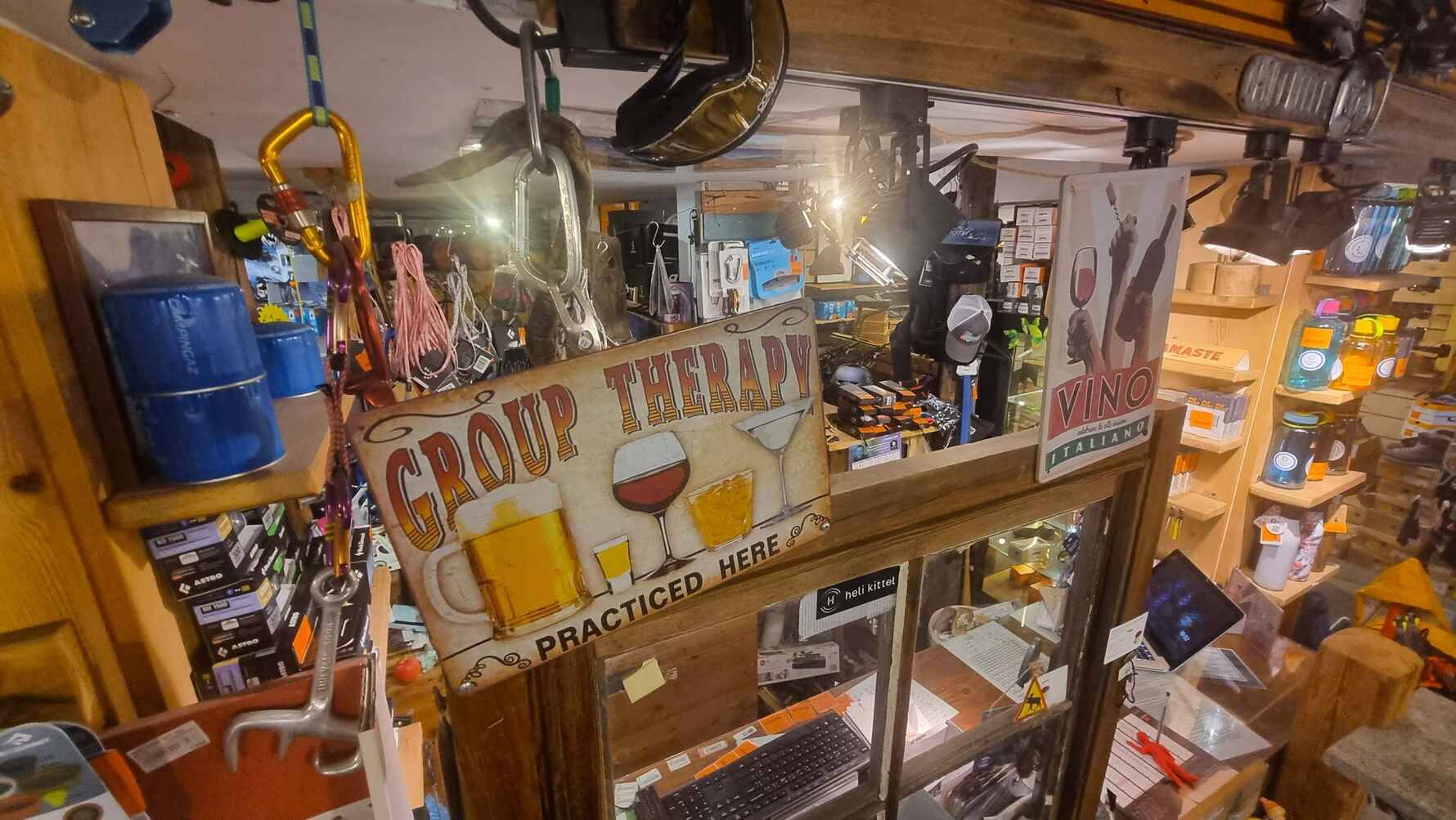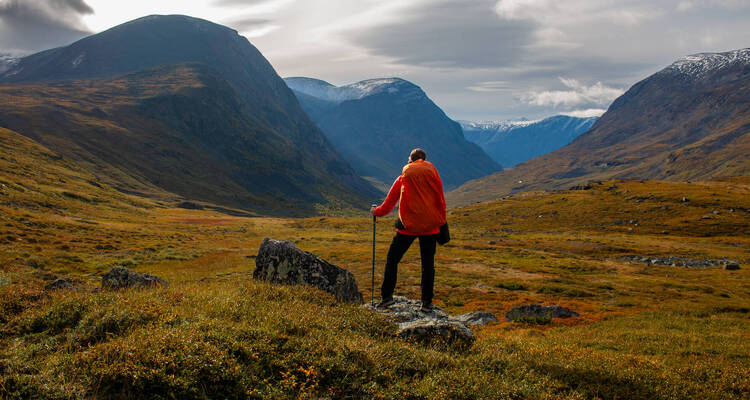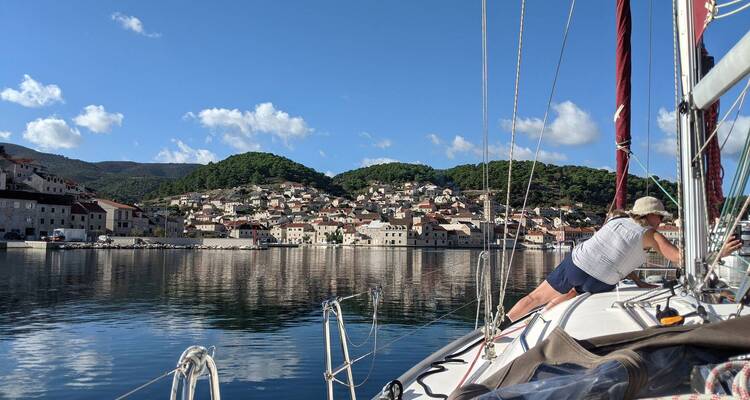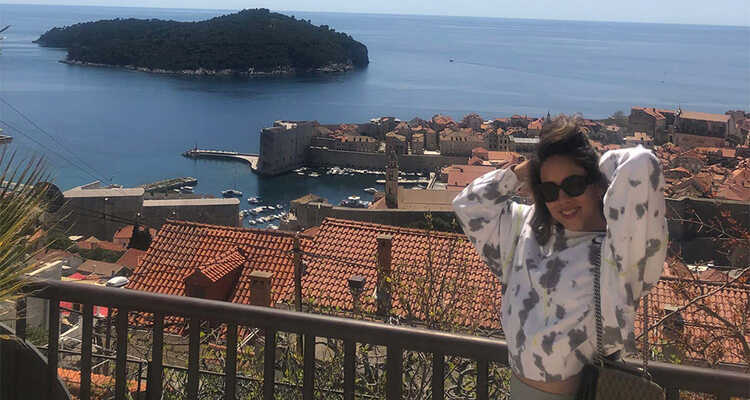At Mountain Action Holidays, we pride ourselves on working with the best local experts. Today we interview Rob Asp, local legend and owner of Namaste Sport, a ski and bike rental shop in Argentière, Chamonix. In our interview with Rob, he gives us some background on his shop and how it has evolved and what inspires him.
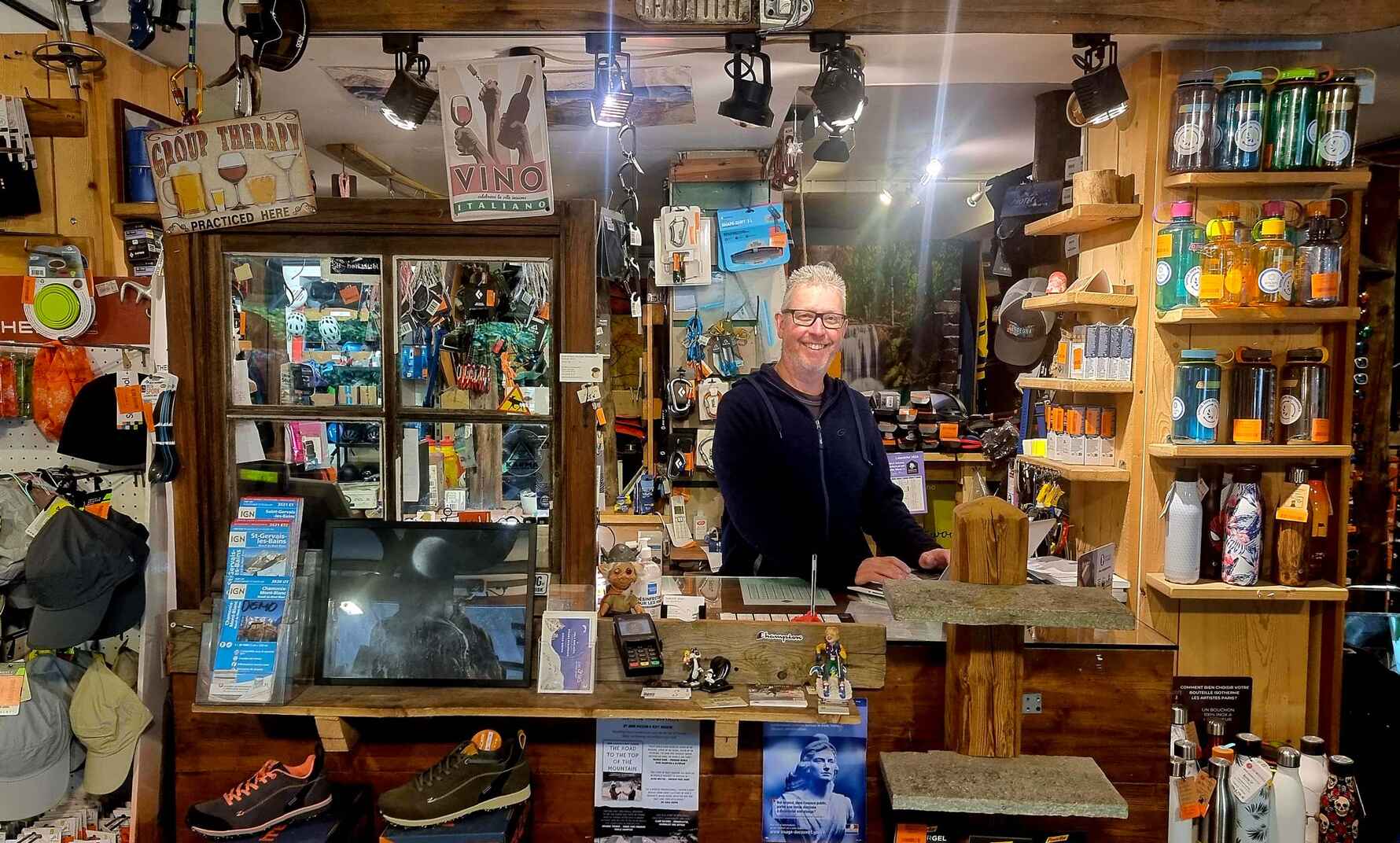
How did you meet Julie and what is she like to work with?
I met Julie about 10 - 15 years ago as a client in the shop when she used to rent stuff for all her family, and we got to know each other. So when she started her business she came straight to me. She's fantastic to work with, very easy going and never any problems, only solutions! So voila, onwards we go...
What inspired you to come to Chamonix?
Skiing, I came to Chamonix after school and military service. I came down for a month in 1988 and then decided I wanted to come back a couple of times. It was so cheap here then, if you had €2000, you could live off it for 5 months. So that’s changed.
What sport are you into, besides skiing?
When you move here (Chamonix) you get into climbing, then hiking, then parapenting (paragliding) and you do all sorts of sports. And yes, I've been there, done lots of things and nowadays some skiing in winter and bike in summer. Like I do a bit of everything. Everything from downhill to road bike.
What inspired you to start Namaste?
Well, I was working in Namaste and the guy who owned it wanted to retire. So then he gave me the keys and said, Good luck. It’s just kind of a coincidence. Yeah, my life is a coincidence.
Can you give us a brief history of your shop?
After the Second World War some time, it was an old geezer, George Simmond who owned the shop. He was a shoemaker and he stopped I think sometime in the 50’s. Then Jean Clemenson, who I bought the shop off of, bought it in 1970. It was still called Simmond Sport and then he changed it to Clemson Sport. He spent a lot of time in Nepal, climbing different peaks and valleys and he changed it to Namaste Sport. That was when I worked with him, so I just kept the name when I took it over, which was 2002.
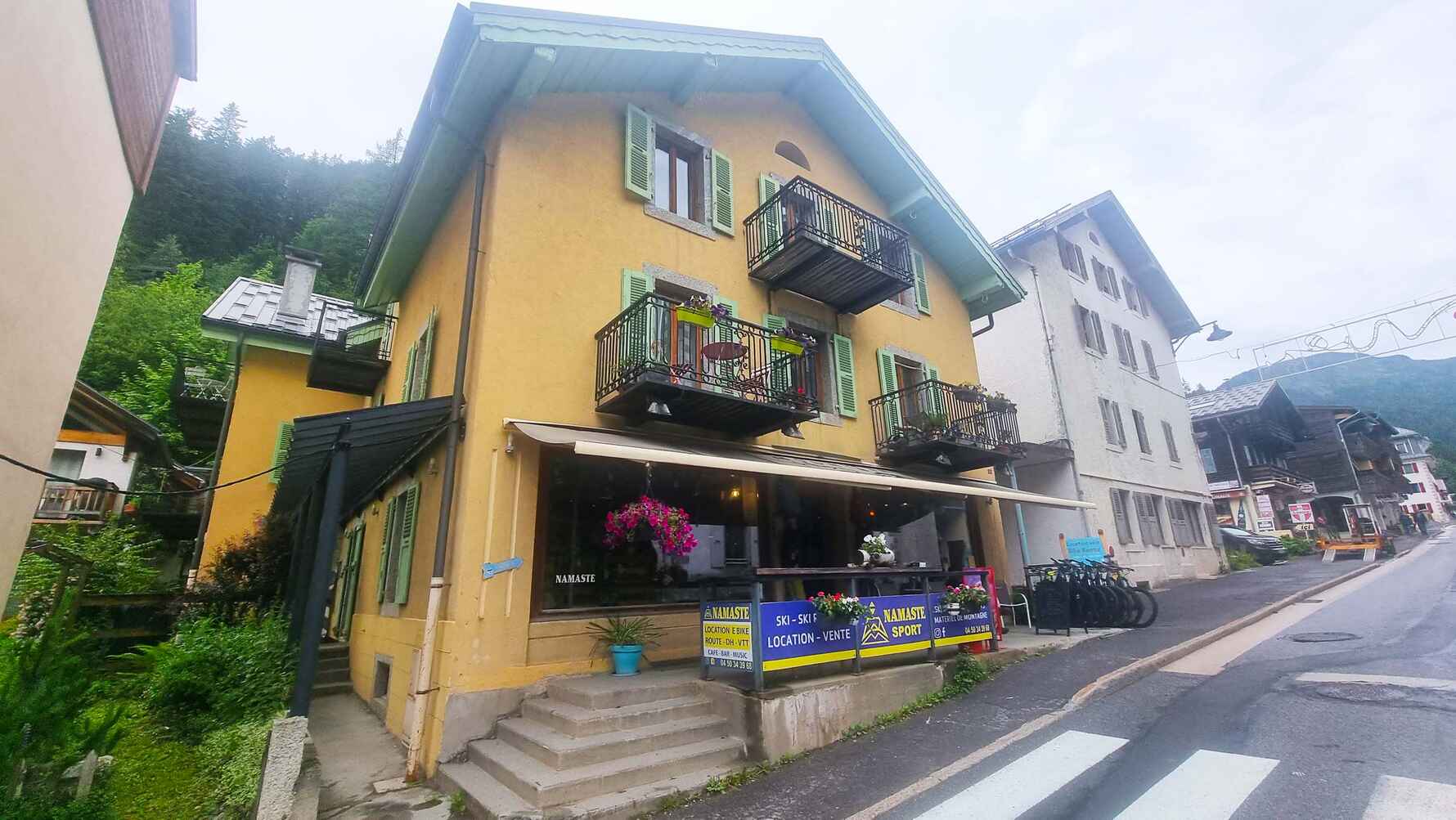
How has your shop evolved since you took it over?
Back then it was a different location, it was up by the church and it had a lot more clothing. It was a more classic sports shop with a kind of fashion sportswear. That faded out itself.
The last time we tried selling some clothes, we sold the Swedish brand Tenson, and that failed. After that we went, no more clothing. So then we had to find some replacement for that. We tried a bit of a snowboard shop for a bit but that didn’t work, and then we opened a bar instead, mainly working with rentals and accessories.
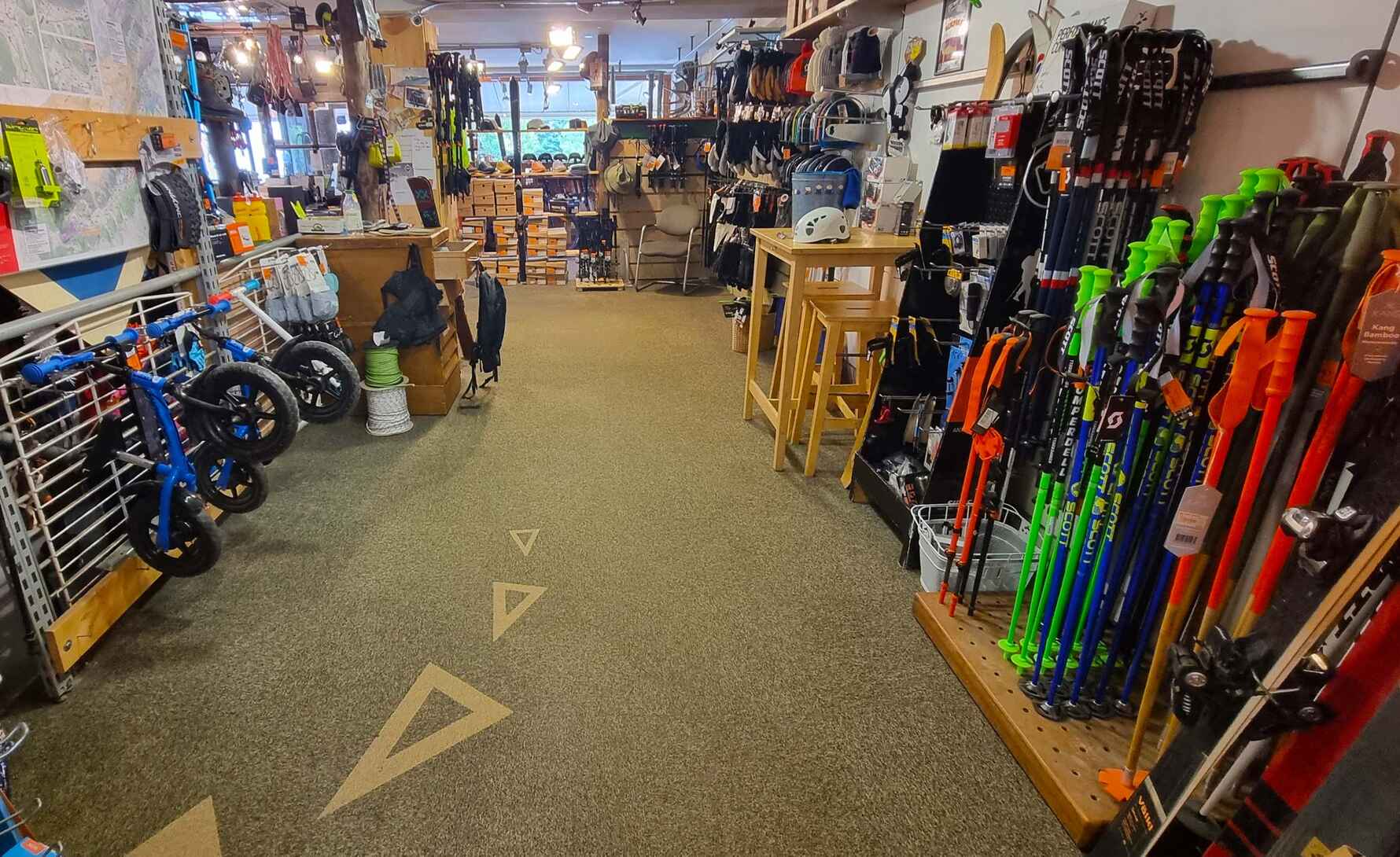
What made you decide to open a bar in your shop?
Well that was a coincidence, like I say my life is a coincidence. My friend makes the beer and he wanted me to have beer here. Finally I gave in and said yeah ok, we can have some beers in the shop. So we just had beer on tap. Then another friend who had the licences said, ’Why don't you just make a bar and you rent my licence?” See that was just very much a coincidence.

What kind of atmosphere does your bar provide?
Very laid back, and the response we get is that it is like someone’s living room.
This leads me to my next question, I notice there is a chair and guitar in the corner of your shop. Do you have gigs here?
Yeah, we do in winter and summer a little less because that’s not the same type of après ski kind of thing.
There are quite a few guitars hanging up in your shop. Do you play the guitar when there is a gig?
No, I build the guitars, and then I try to flog them. But yeah, I'm just an awesome rock star on my own. Every time I do play, you can ask Maria, she just tells me to shut up.
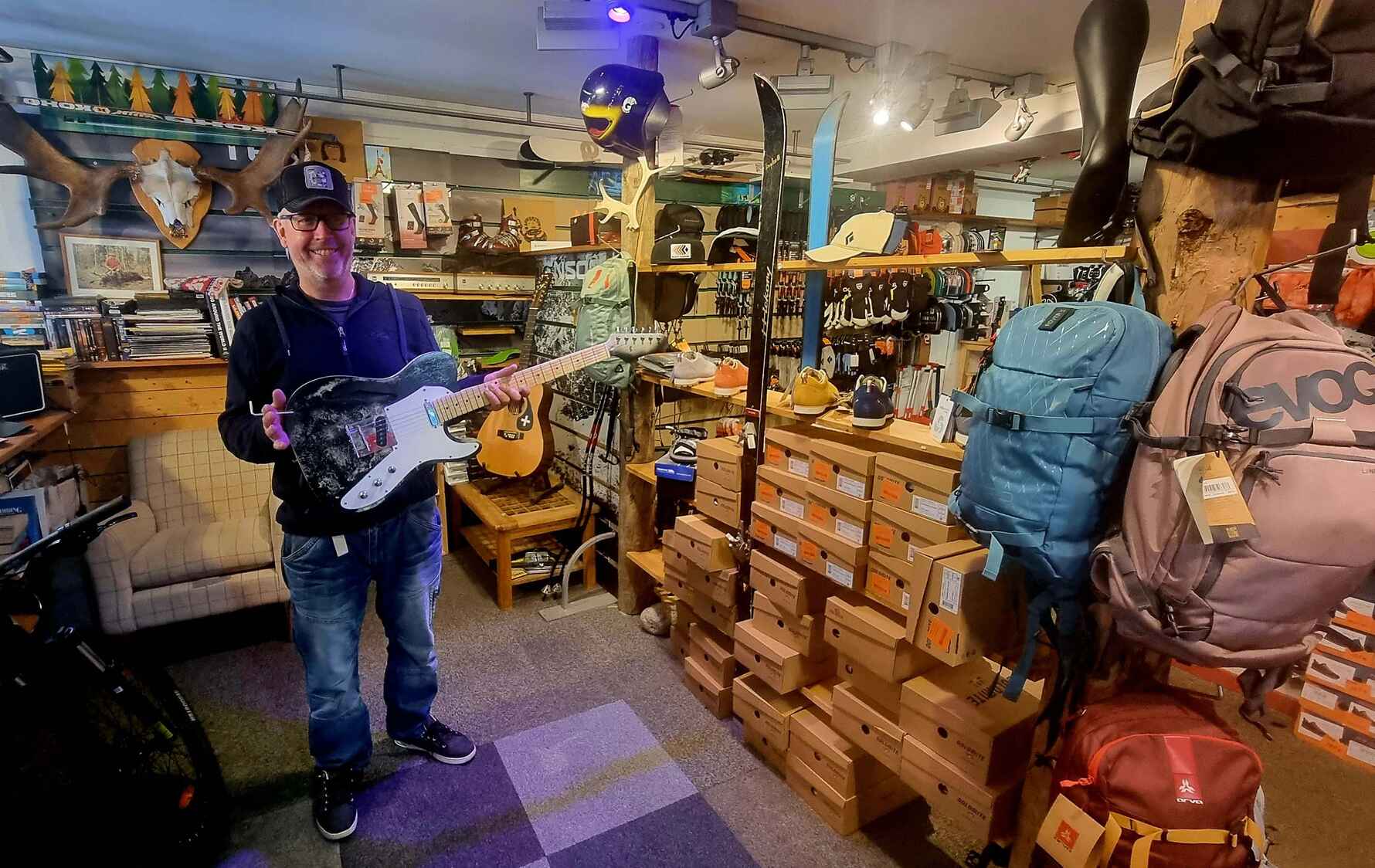

Can you play us a tune?
How do you cater for the different needs of skiers and bikers?
For skiers, you just watch and listen to what the customer is after, it's experience, and you see what works. For biking, customers just look around to see what we have to offer. So for example, like downhill bikes and bike parks I feel we can't rent bikes for under €120 a day because we don't have the clientele here and we don't have the bike parks for it. It is more for people who come here just wanting to try it out. They aren’t willing to spend that money so our price is half that and it seems to be working. We adjusted our rental bike fleet to match the demand.
I see you also have a workshop here. What do you use it for?
For repairing rentals and to provide servicing of skis and bikes for non-rental customers.
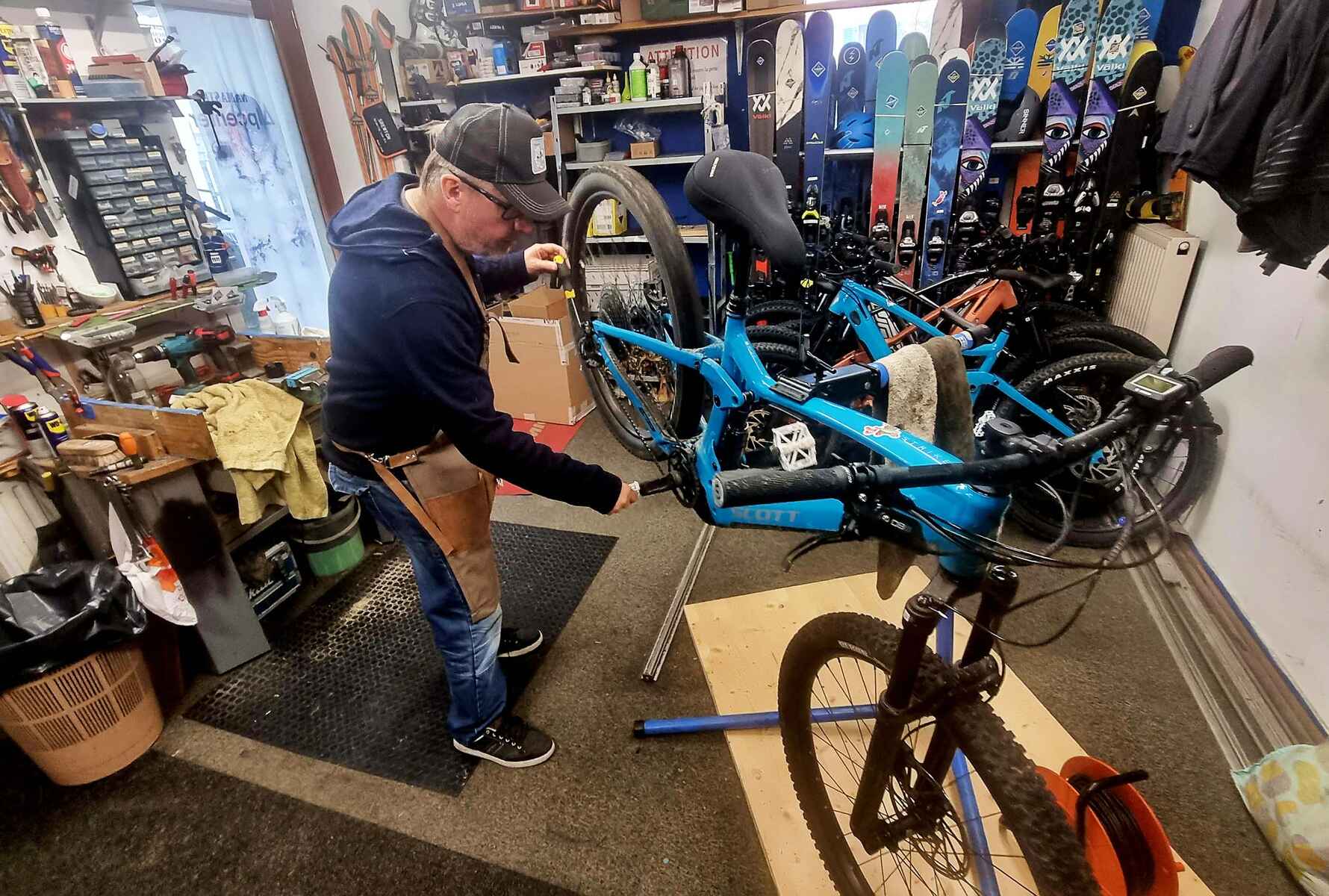
How has running a multifaceted business changed your perspective on these different industries?
It opens your eyes on how much waste you are creating. As bulk you think it’s clean, but it's not at all. When you first start working in this business, you first see the manufacturing part that's kind of a dirty part of business. Then it’s sending it, the transport and the packaging. It changed my views in that way. Another eye opener is how fragile business is because you can do the best job in the world and one year you can have no snow. It's all out of your hands. It reminds me of a book I once read, about people who live on an island. They fight over the best beach and then next thing, there's an oil spill and everything is ruined. The whole thing just disintegrates. It's a little bit like that here. So I don't get too involved with it and you just have to be open minded about whatever circumstances come along.
Do you participate in any environmental programs? Do you offer or promote any eco-friendly products or practices?
Greenpeace for peace of mind. It's just like banging your head against the wall trying to do something because it's such a vast problem, isn't it. Maybe volunteer to buy a little bit less stock, having a bit less, trying to fix stuff to make it last a bit longer. Not buying new skis every year and making it last. If people moan about it, just go, That's why we have to machine, we’ll make it last. Just because they have scratches on them, it still works. In terms of eco-friendly products we sell handmade soaps.
How do you differentiate your shop from other similar businesses in the area?
Just look around. When I first came here, we were just a bunch of misfits, we didn't fit into the norm and that's why it turned out like this. I've had people say you should do shopfitting. I said, yeah, but it’s a long process, it’s bit by bit and bit by bit, it’s nothing I could create in two weeks.
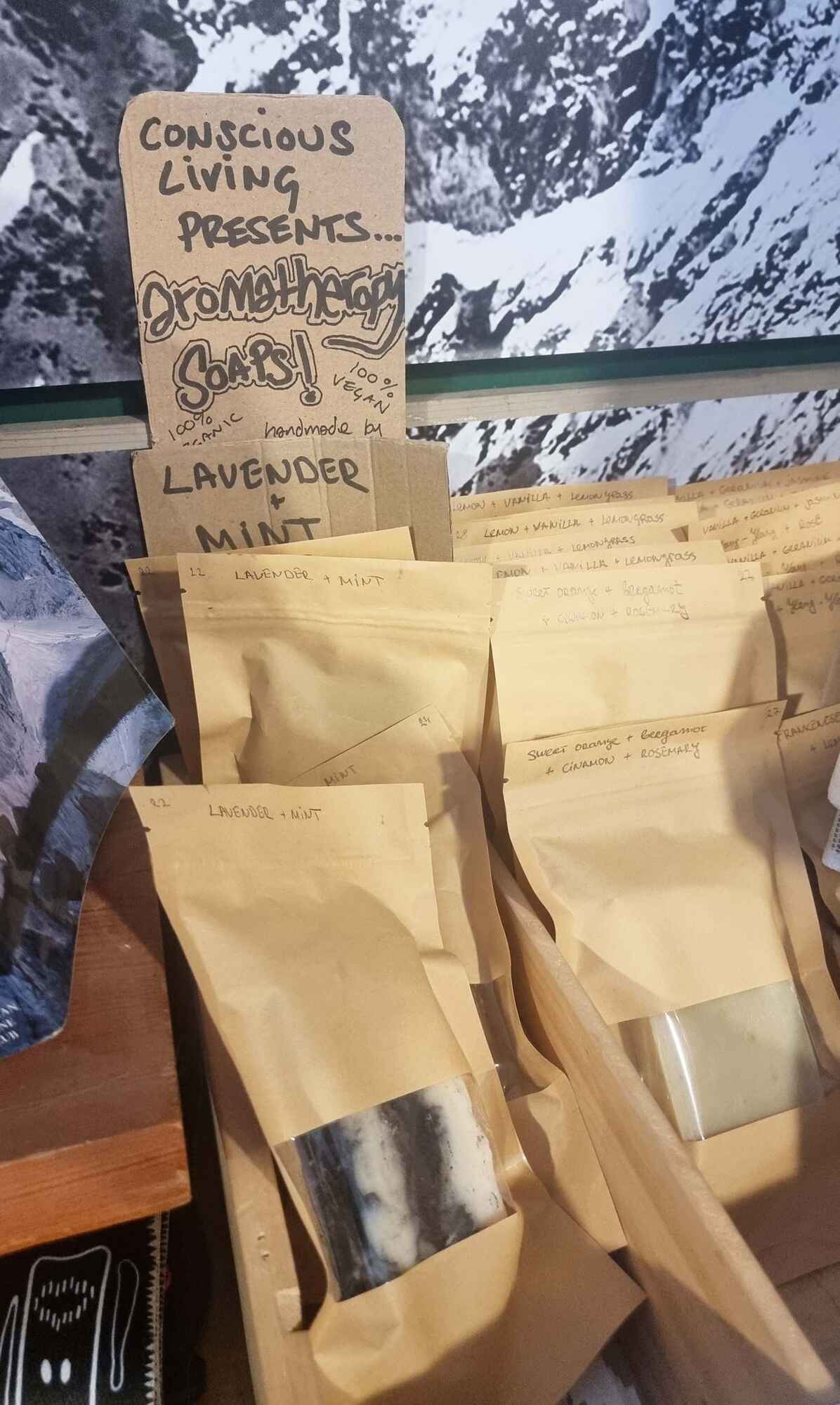
It's great to see an independent shop surviving and thriving, what’s your secret?
Well it's a very fine line, if you have a bad winter you’re almost done. Because I’ve been doing it for 25 years, it’s not so stressful anymore because you learn to live with that type of stress. Every February you’ve got to pay bills for €100 000 and you’ve got to make sure you make €100 000 that month.Normally you do. It doesn’t take much if you make €70 000, you’re still €30 000 in the hole. So, there is no real secret, it’s just hard work like everything. Everyone who works in this kind of business, has the same kind of personality. We are here for skiing, which we still do. I think that pleases people who come here to our shop, the people we attract, see that we actually are here for a reason. We’re not here for just business because if we were here for just business, I wouldn't be here, I would be somewhere else where I could earn money. You know we have 12 months a year but here you literally have eight months a year where you can make some money, then the other four months you just sit tight.
Can you share some memorable stories about any customer experiences?
Yes, quite a few. I’ve fitted Robbie Williams out with skis. You get a few interesting people coming in and out. One day we had some model called Caprice, where we had a shop up there. I didn't know who she was and so I was just chatting along with them. They had just flown into Scion because rich people who fly into Switzerland, usually have their private jets and don't want to deal with the riffraff of Geneva. So she had just flown in, and at that time I had an Australian girl working for me who was frantically running around. I told her to chillax, and she came back with a horrified reply, don’t you know who that is, that’s Caprice!
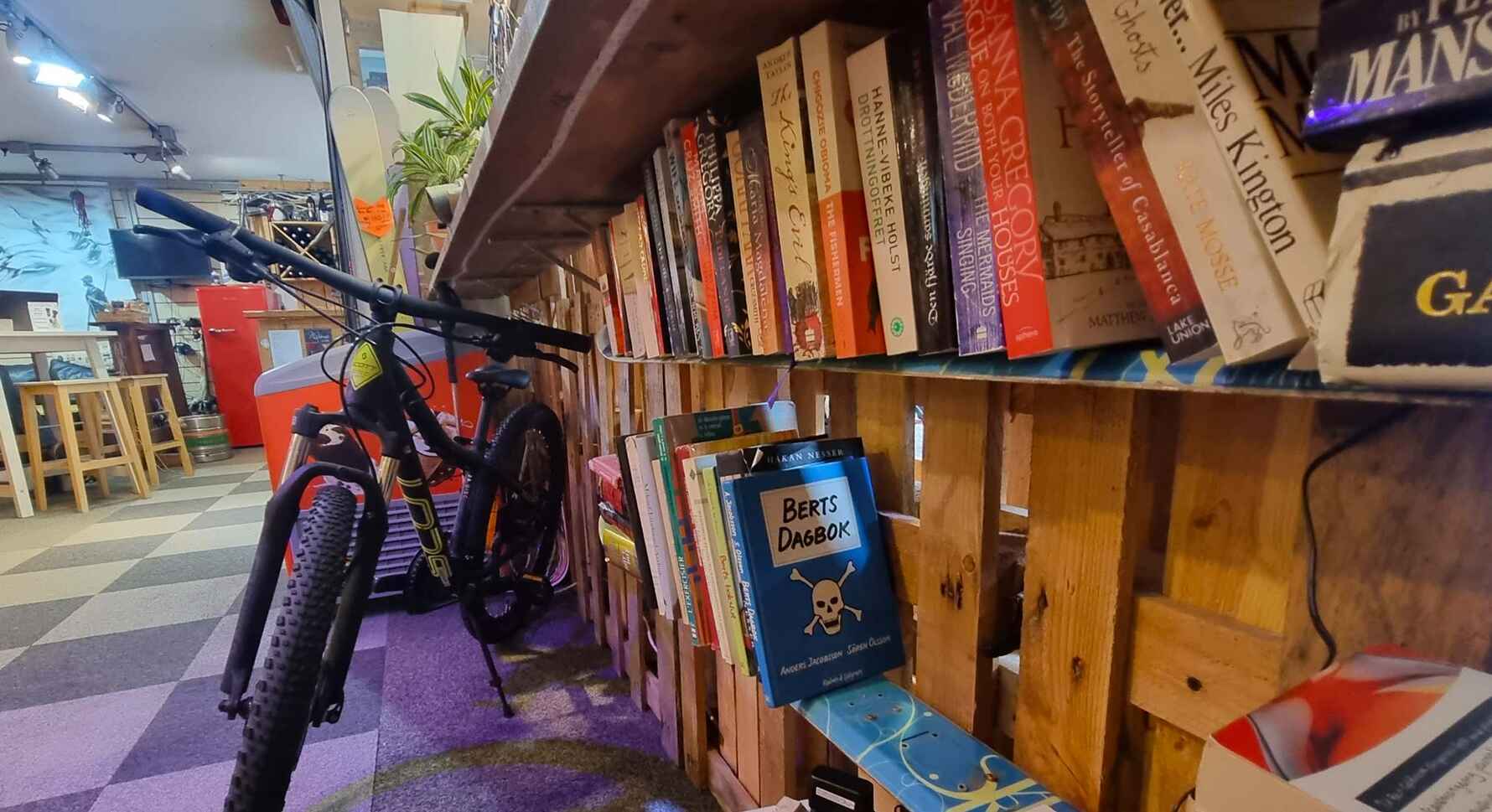
Have you seen any significant changes in the business due to global events like when there was COVID?
We see that, it’s huge, it's not just COVID, the biggest change is financial. The whole village has changed, from being a little alpine meadow village, which was very affordable for everyone. As to now, it's become a financial placement for wealthy people.They invest in property, not in the village so that is a big influence. Then things like the local politician goes and changes when we had loads of chalet businesses here. There used to be 5 to 10 small chalet businesses up here, and they were all kicked out because they changed the regulations for the rent. So we lost probably about €50 000 worth of rentals in lost clientele so we had to find elsewhere which we were able to a little bit but it's not the same. It's had a knock on effect of changing the whole concept of ski holidays where they used to be Saturday to Saturday. Easijet flights also influenced this change and there are a lot more weekend stays. So you can see how these things influence us as well. Before we used to be able to close midweek, like Wednesdays, because it was a Saturday to Saturday client schedule, people would rent skis when they arrived on a Saturday or a Sunday morning, and then they’d return them on a Friday night or Saturday morning. It was a lot easier back then.
How do economic factors such as exchange rates and global travel trends affect your business?
People think more about when they travel over here. They used to come up maybe three times or four times in the winter, now they come up once or twice.
Do you have any plans to expand and diversify?
I expanded and cut back already. The classic thing is like when you expand you go from one if you go to double size, it’s not enough. You need to go four times the size to make it worthwhile. Then it becomes five times more work. It's a business idea that if you're not there, it makes a huge difference. When I had two shops, I almost went under with that. So then I realised that woah, I’m not doing that again. I think it depends on the person as well obviously people are driven by that. I’m here for my experience with the mountain and being able to do things. Money is nice to have and then you don’t have to worry about it, but I’m never going to rich in terms of capital but I might be rich in other ways.
How do you stay updated with new technologies and innovations?
Well, you get a lot of newsletters and stuff. There are trade shows you can go to when you really feel like you need to pick up some ideas and check out what's new. Living in the industry, you get the most updated, and of course the internet. Sometimes you’ll have customers asking about new innovations, and this gets me researching into it.
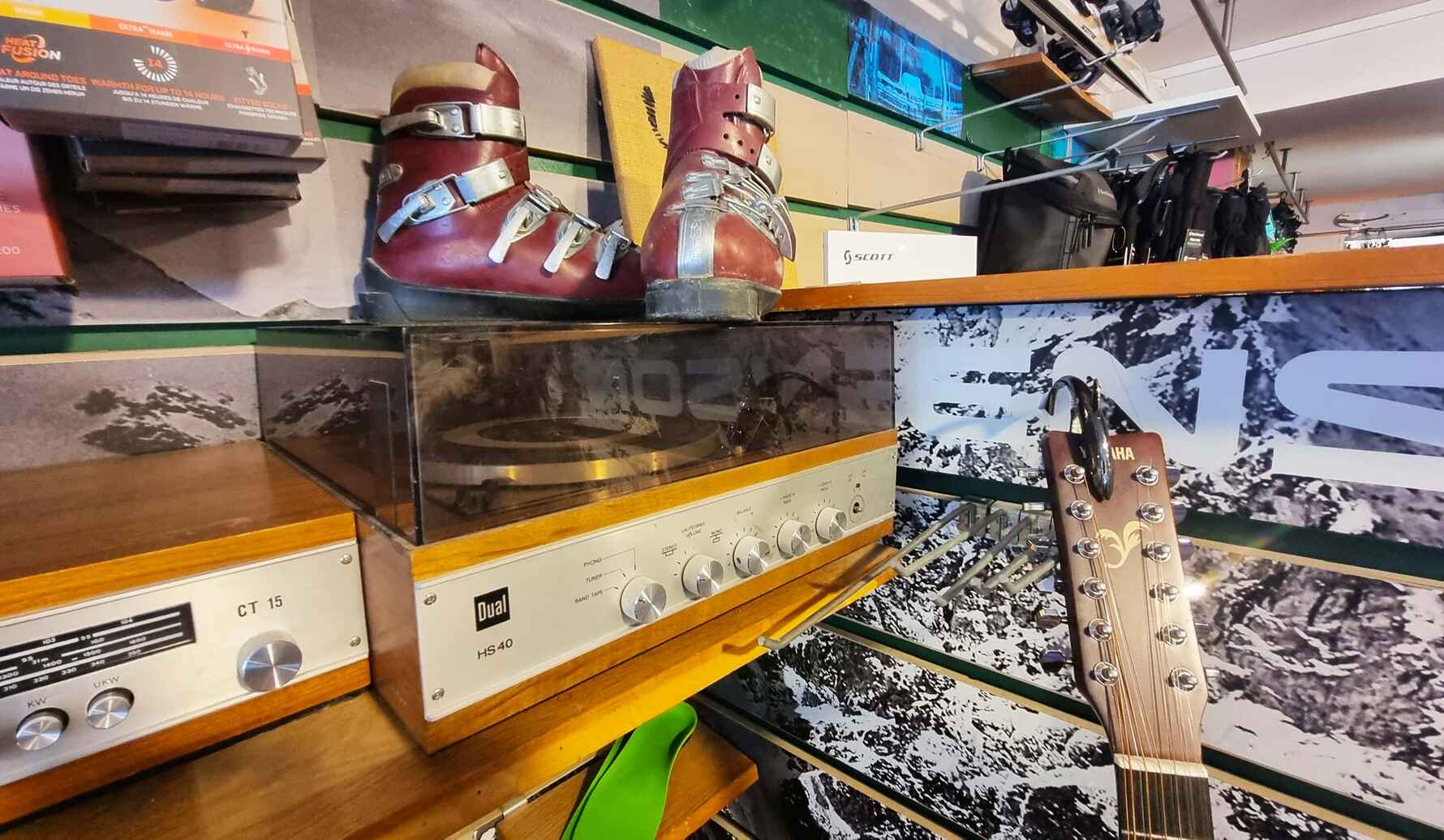
What current trends do you see in the ski and mountain bike rental industry?
Skiing is getting easier and easier. They are creating skis that make it very accessible for more people. It makes it easier to go skiing and enjoy the mountains which is a good thing.
I guess it's the same for biking, we now have e-bikes, which has increased accessibility in being able to go anywhere. The hardest thing now is you have to tell people that when you get up the mountain, it's easy but you have to get down it as well. A lot of people who aren’t experienced with mountain e-biking often don’t think about this as the downhill can be quite steep. Overall, technology makes it easier for people.
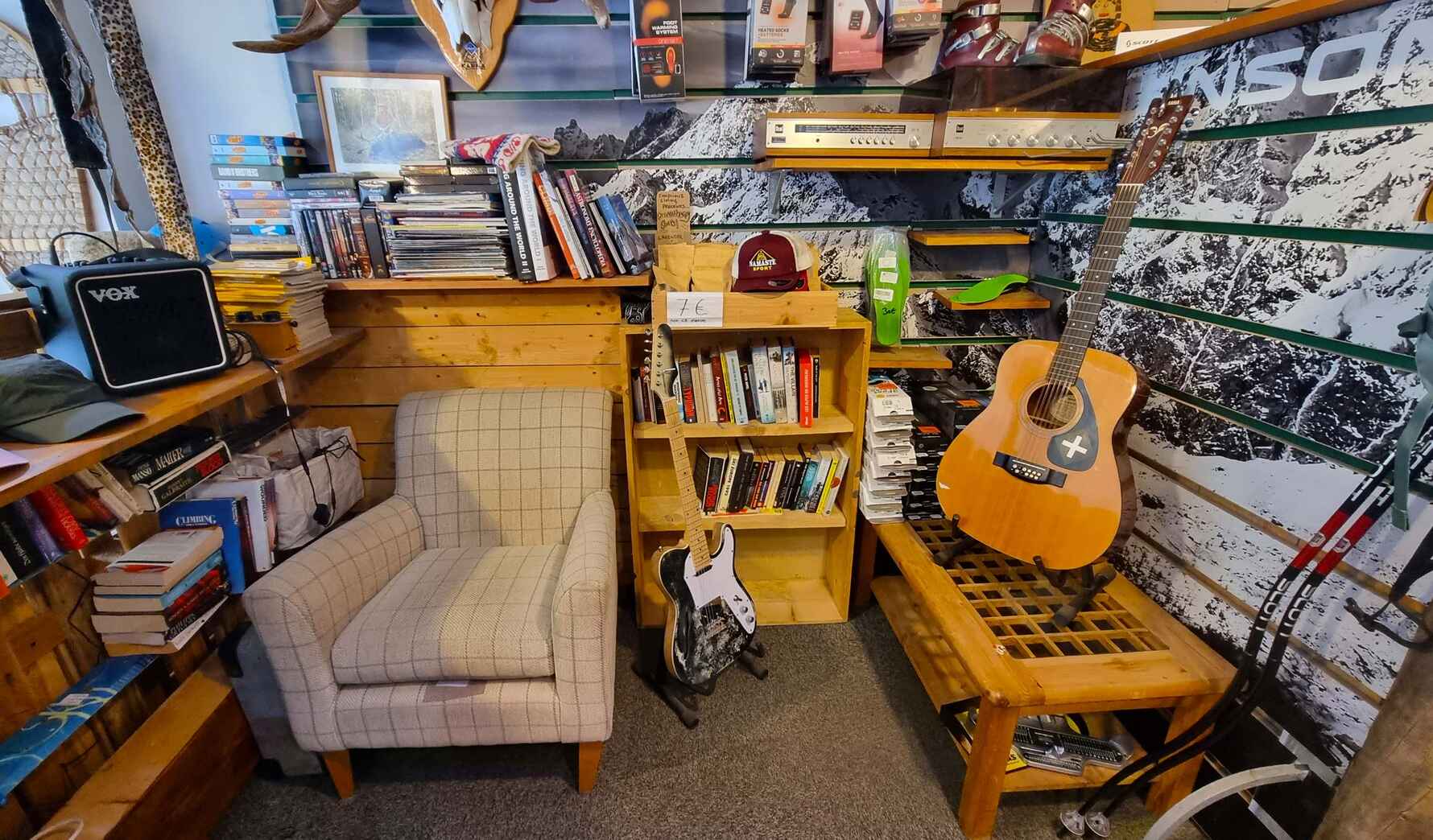
What advice would you give someone looking to start a multifaceted business like yours in Chamonix?
Go for it. Be yourself. Put yourself into it, don't try to do like everyone else. That's the best you can do because it brings all the qualities and skills out in yourself.
What key factors should they consider to be successful?
The key factor is to make the rentals work, it’s make or break. That's your bulk and all the sales are just icing on the cake. If you are only selling stuff, it may not be enough as like I’ve said, you only have 8 months to sell here. There is too much price competition so you have to be quite versatile.
What are the biggest challenges you face in your business? And what do you find most rewarding about running your shop?
The most rewarding is the contact with people, which is also the hardest. You get nine out of ten fantastic people and then you get one pr**k who ruins everything for the whole day. This person can also be a challenge but in the end quite easy to deal with.
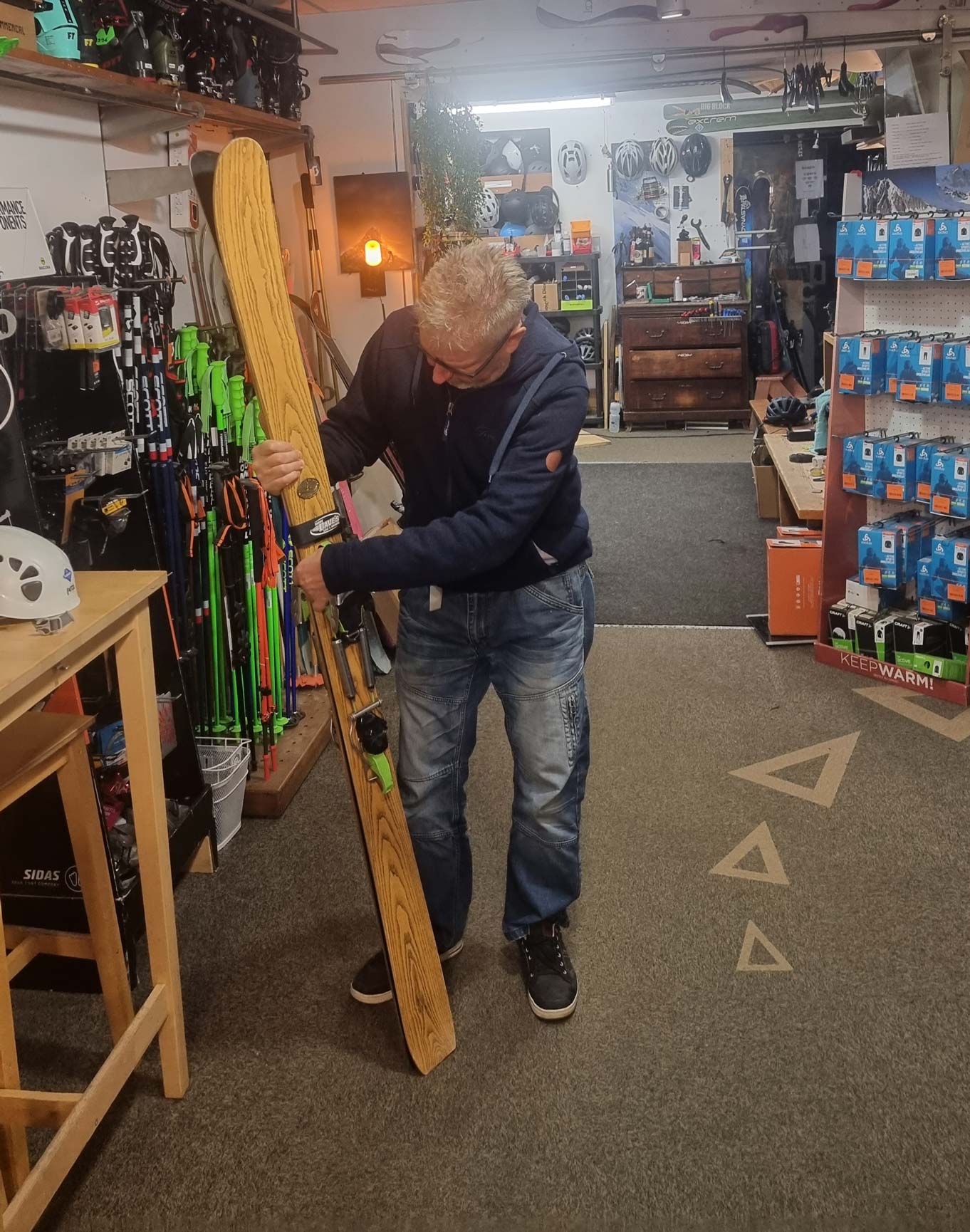
Thanks for sitting down with us today Rob. Learn more about Namaste Sport offerings here.
